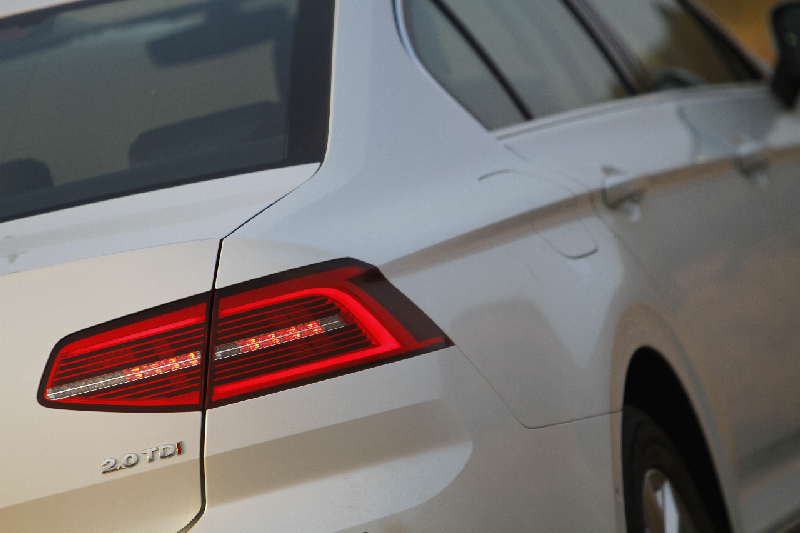
European news portals are abuzz with reports of older diesel cars being banned in Hamburg, with more cities in Germany to follow. Is this the future of diesel?
Diesel-gate caused a shake-up in the global automotive market when it first surfaced, and the reverberations are still felt today. The high levels of NOx emissions, and a need to better control pollution levels in Hamburg have been cited as the reasons behind this ban. The ban will be implemented on all diesel cars that are Euro-5 compliant or older, and an estimated over 2,00,000 cars are expected to fall under the purview of this ban. The 1.6 km stretch of highway that is part of the ban is restricted only to older, diesel-powered trucks, whereas another crucial half-a-kilometre bit of tarmac is inclusive of all diesel vehicles. The latter though, allows locals living or working along this route to still use their Euro-5 or older diesel vehicles.
It all seems a little ambiguous in terms of how a limited ban on two small, albeit important stretches of road will make any significant impact on the entire 755 km² city’s air quality, but that hasn’t stopped other cities in Germany from taking similar steps. It is interesting that the nation where diesel was first invented, and one that has championed the fuel as one for the future, is now being subject to a ban like this. And it does beg the question, does this mark the beginning of the end of diesel as a mainstream fuel? Well, judging by other noises coming from Europe, and Germany in particular, you would think not. Despite these recent noises from local city councils, Angela Merkel, the Chancellor of Germany seems to be taking a largely pro-diesel stance. In fact, her sympathetic position towards the auto industry has led many in the German media to refer to her “as Autokanzlerin” or the car chancellor.
So while some might take this news as justification or even vindication for the Delhi government banning sale of diesel cars back in 2015 (a ban that was subsequently lifted of course), and the ban on diesel cars over 10 years old in the capital as well, there isn’t enough data to support these moves as of now. In fact some reports suggest that Euro-6 diesel may actually be a cleaner fuel than its petrol counterpart. Add to that the fact that diesel engines are more efficient, and peak at lower revs, it would seem that diesel may even be the lesser of the two fossil-fuel evils. So, until the human race has invented a viable alternate fuel that can be mass produced without causing harm to the environments, while still being affordable, and can be created in the kind of volumes that would be able to satiated the needs of the world’s automotive industry, it seems that diesel is very much here to stay.





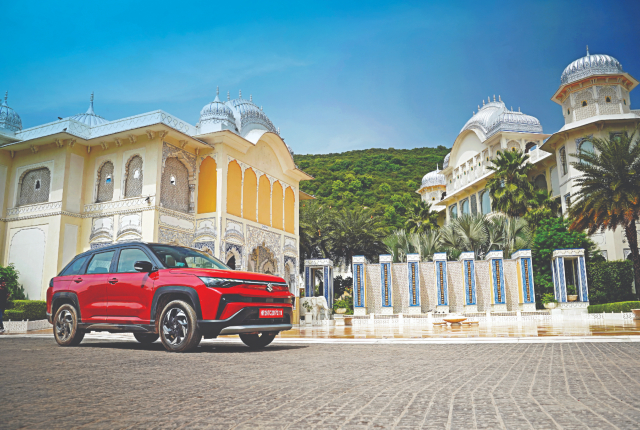

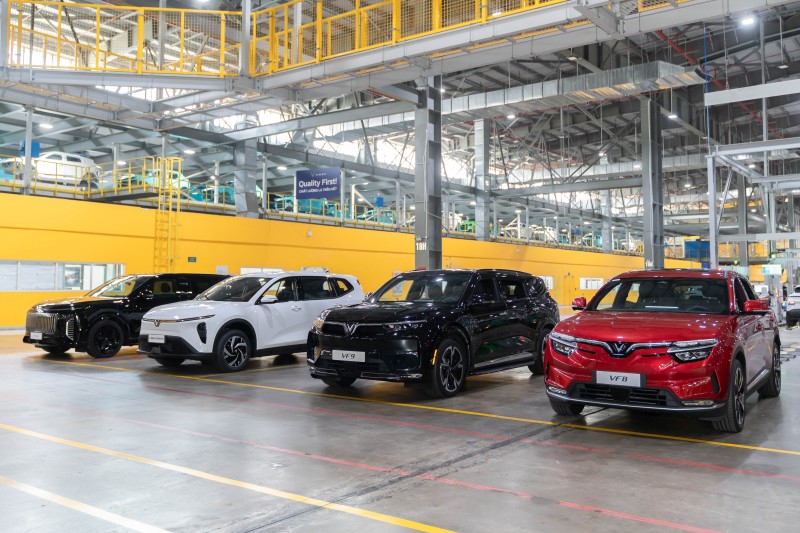


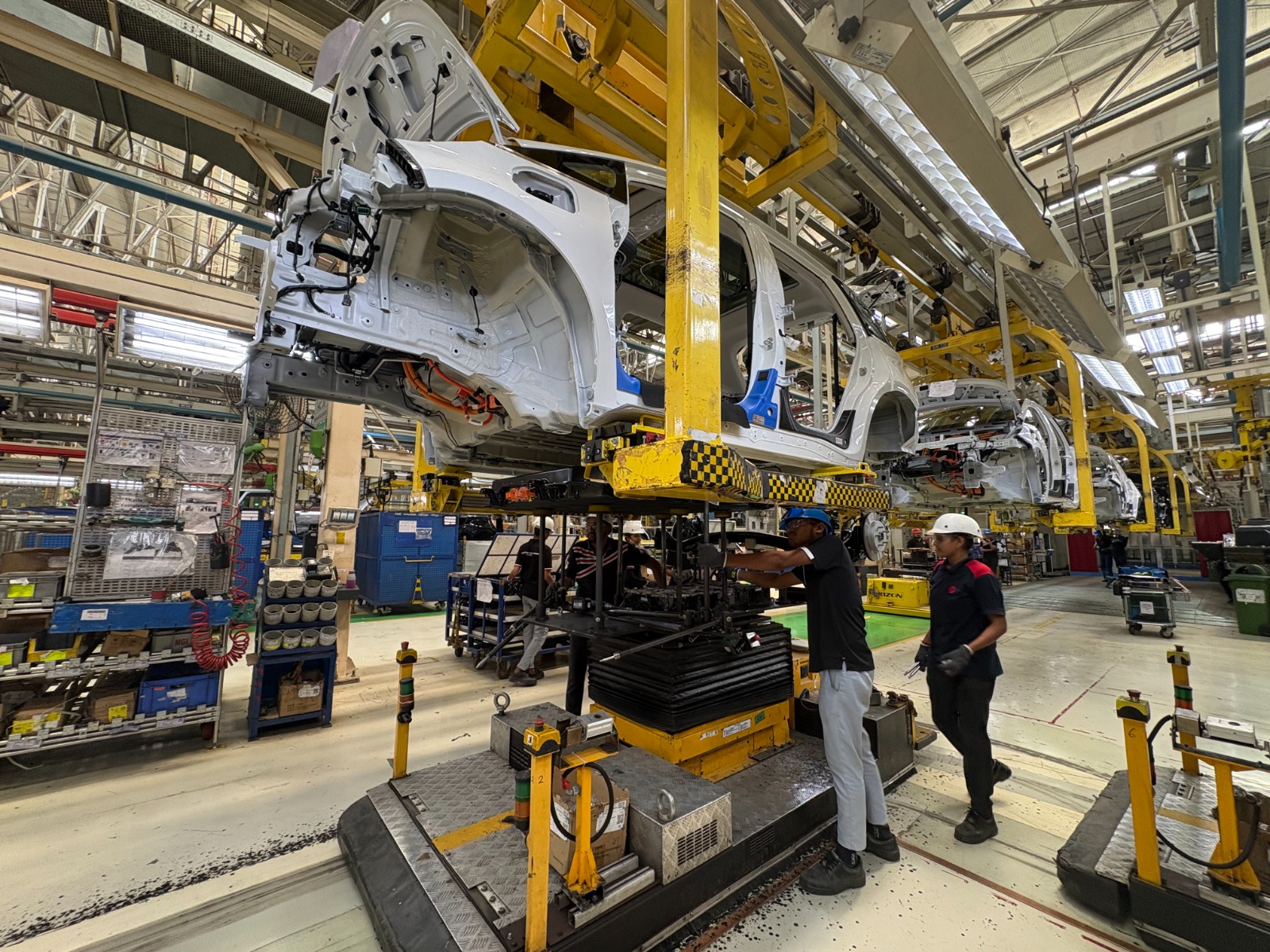
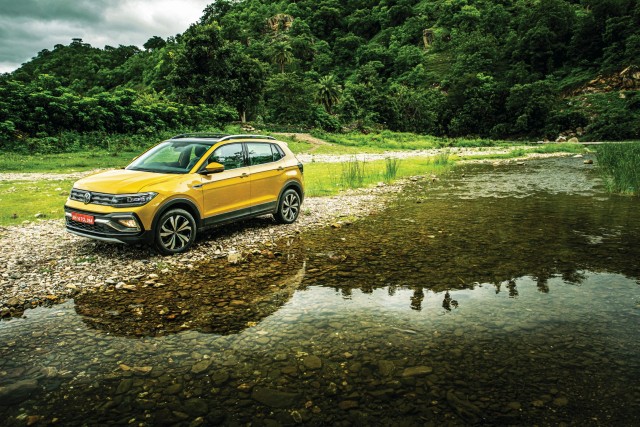
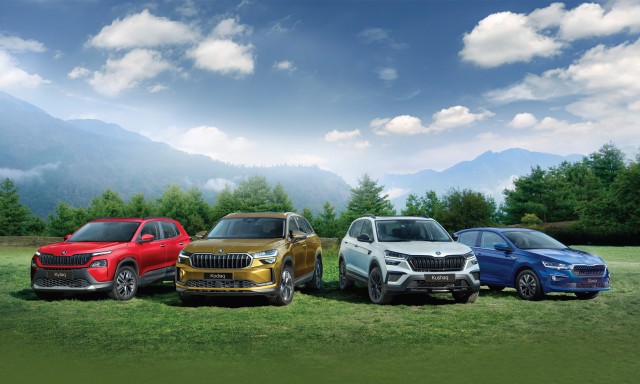
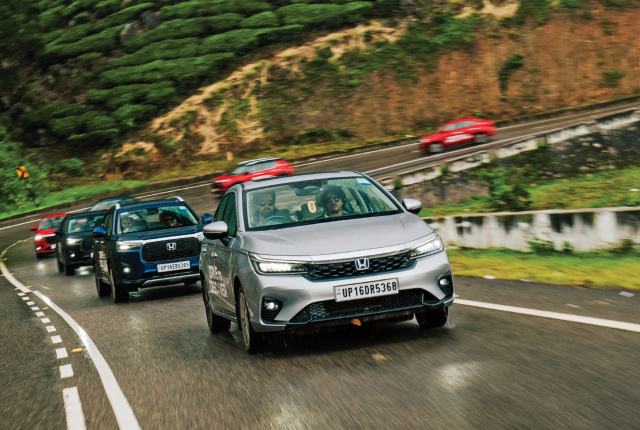




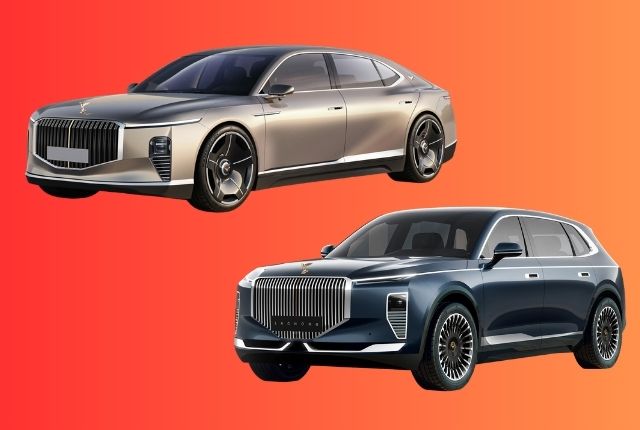


Leave a Reply